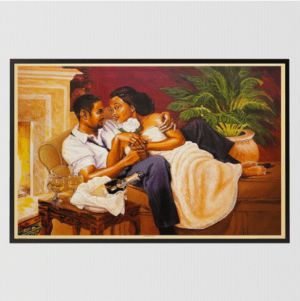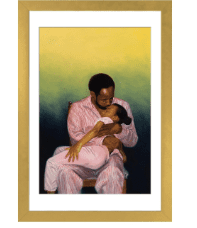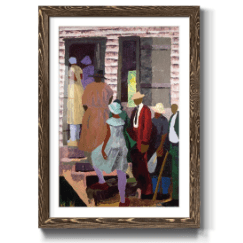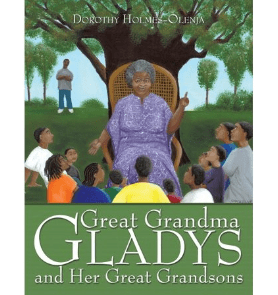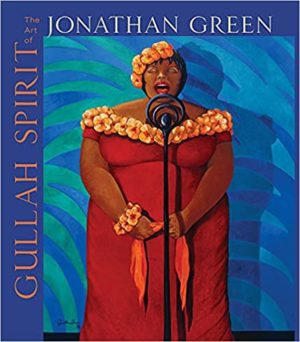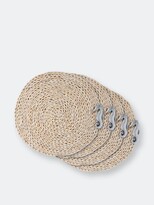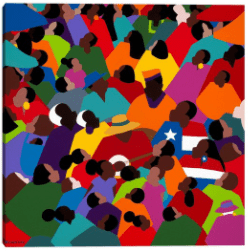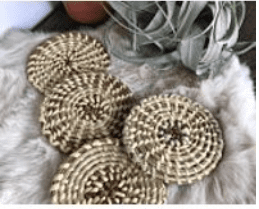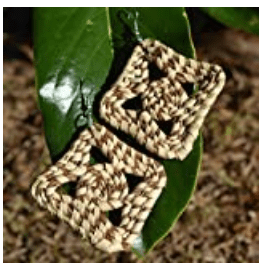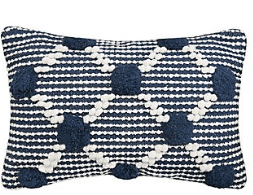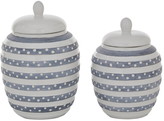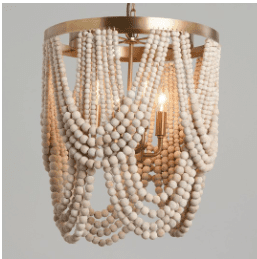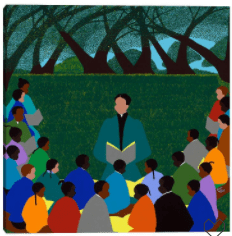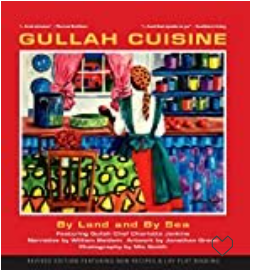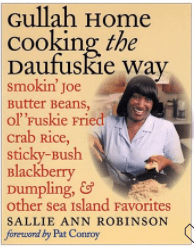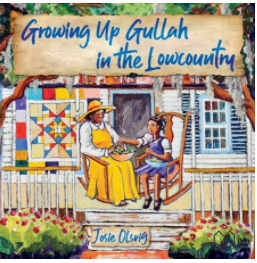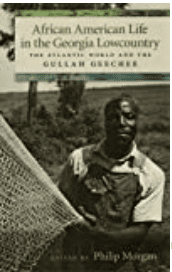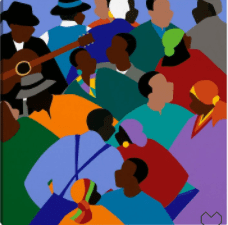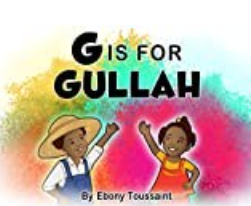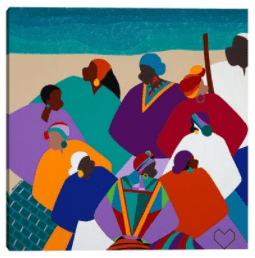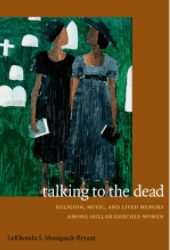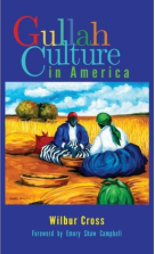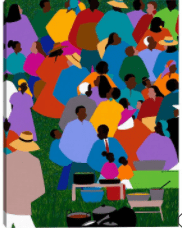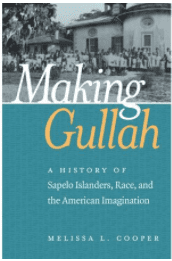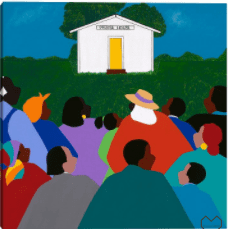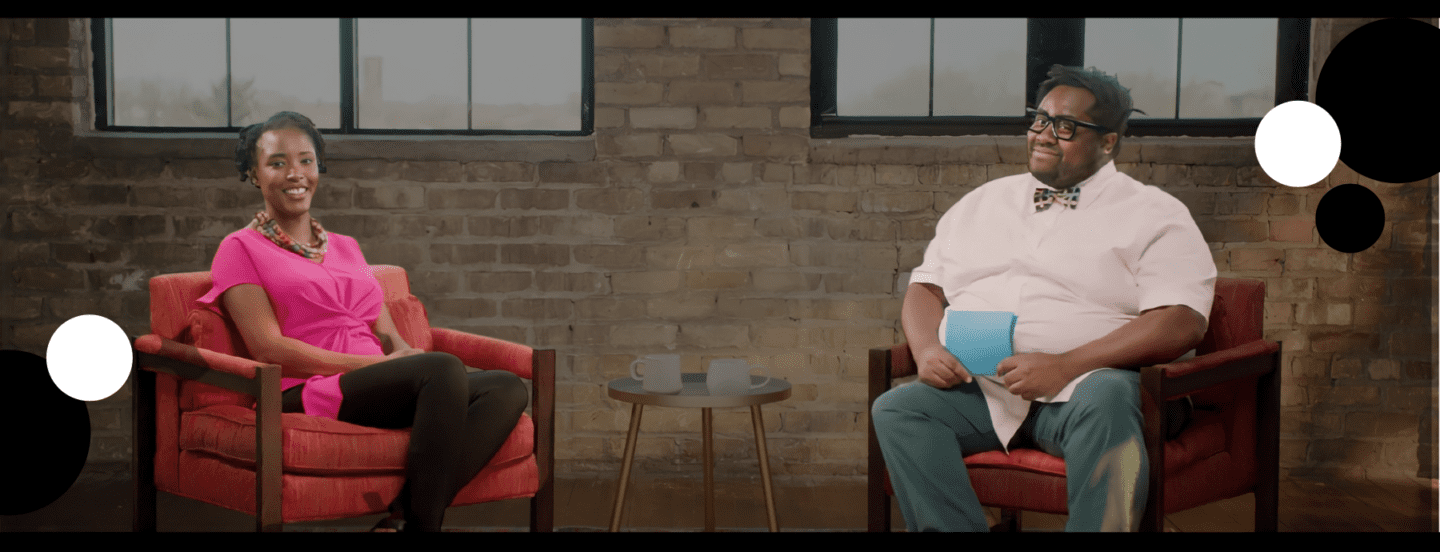
So, here’s what we know: Black and African Americans face systemic racism and significant barriers when seeking health care, from financial hurdles and inequity in treatment to a basic lack of access to proper resources and advocacy. And, of course, there’s the historical and still prevalent mistrust of the medical community for Black Americans and other minority groups, thanks to little projects you may remember, like the Tuskegee study and eugenics laws, that have had lasting effects on entire generations.
Joining Be The Match may be the most important thing you do this year
But here’s a nugget you may not have known: Black and African Americans often suffer disproportionately from curable diseases, like sickle cell anemia. According to the Centers for Disease Control and Prevention, sickle cell disease affects approximately 100,000 Americans and occurs among about 1 out of every 365 Black or African American births. And yet, for decades, it’s received less attention from the medical community than other diseases.
The good news? Everyone in need of a cure or treatment can benefit from one with the right donor. Be The Match, an innovator in the field of cellular therapy, is helping to lead the charge. They save lives by connecting patients in need of a blood stem cell donation—those with life-threatening diseases like sickle cell or blood cancers like leukemia or lymphoma—with donors. And they need our help.
Today, only 8% of registry members identify as Black or African American. Because the best match for a patient is usually a donor who shares their ethnic background, that means that the majority of searching Black or African American patients in the United States (71%) don’t have a donor on the Be The Match Registry.
Imagine helping to end someone’s suffering in our community. It’s as simple as joining the registry and becoming a potential blood stem cell donor. Let that sink in for a moment.
Bridging the health gap
Be The Match is driven to address the barriers that have been created by systemic racism in health care. To ensure all donors are treated fairly and with respect, they pair each one with a Donor Advocate to support them throughout the process and answer any questions.
Be The Match is also dedicated to addressing the financial hurdles donors face. The organization covers costs involved in donation, including lost wages (when not covered by an employer), childcare, pet care (yes, pet care!), travel for you and one companion, medical exams, any post-donation follow-ups and more. They’re also committed to providing access to health care resources and education for donors so that you can be in the know every step of the way.
While your recovery might look different from others (depending on the donation method), rest assured you’re in capable hands. “Making sure our donors are healthy and well cared for throughout the entire process is as important as the cells that we’re delivering to that searching patient,” says Erica Jensen, Be The Match senior vice president. “We want to make it easy for you to join the registry and say ‘yes’ when called to donate.”
The key to saving more lives
Growing and diversifying the registry is the key to saving more lives! Go to the Be The Match video playlist to learn more about how you can be a part of the cure for your family, friends and community, and other African Americans living with this disease. If you’re ready to answer the call, you can head to the My Be The Match site to join the registry now.
Even if you aren’t matched with a patient, there are other ways to advocate for a cure. You can use your voice in legislative efforts. You can fundraise or donate funds to help cover costs for patients that insurance doesn’t and support groundbreaking research. And finally, you can share stories and spread the word that with Be The Match, racial and economic challenges in the medical community don’t need to be a barrier to a cure or treatment for the hundreds of thousands of Americans living with a life-threatening disease.
1